A Grand Army Man


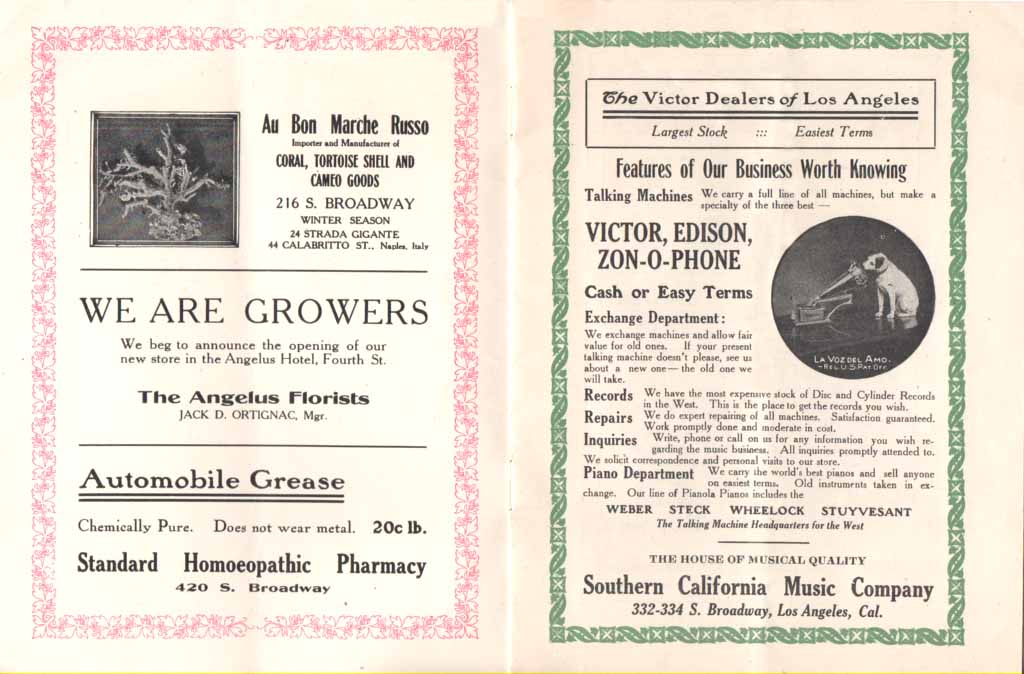
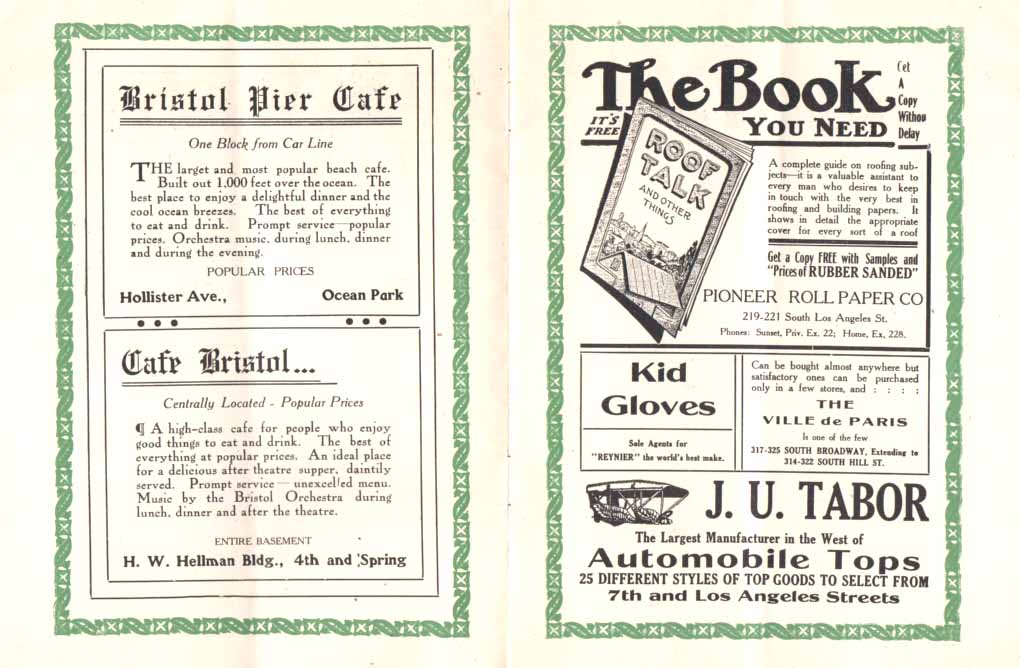
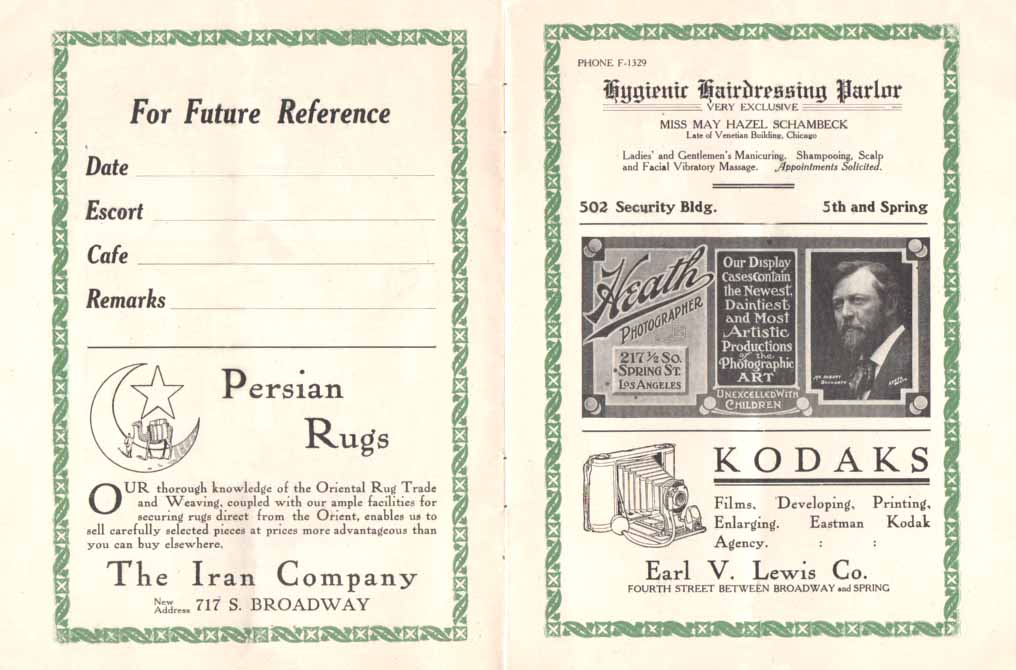
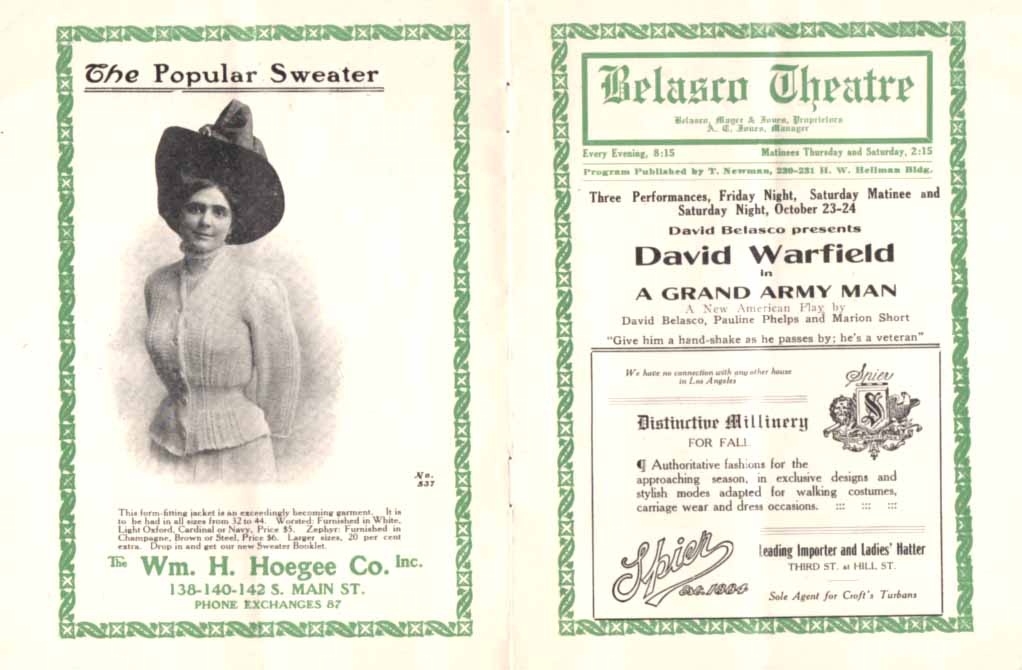
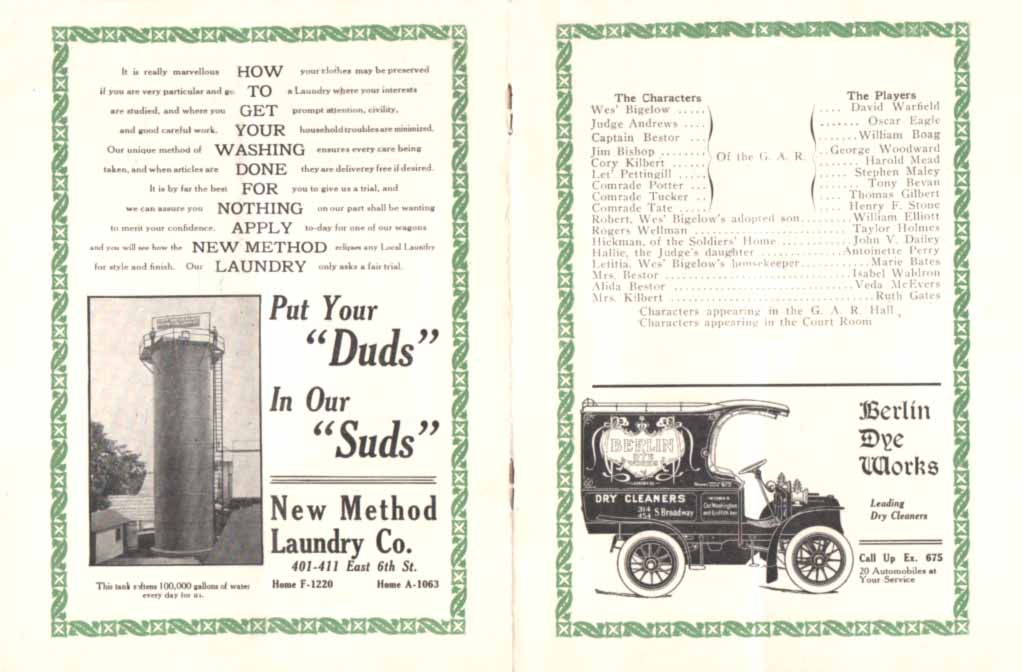
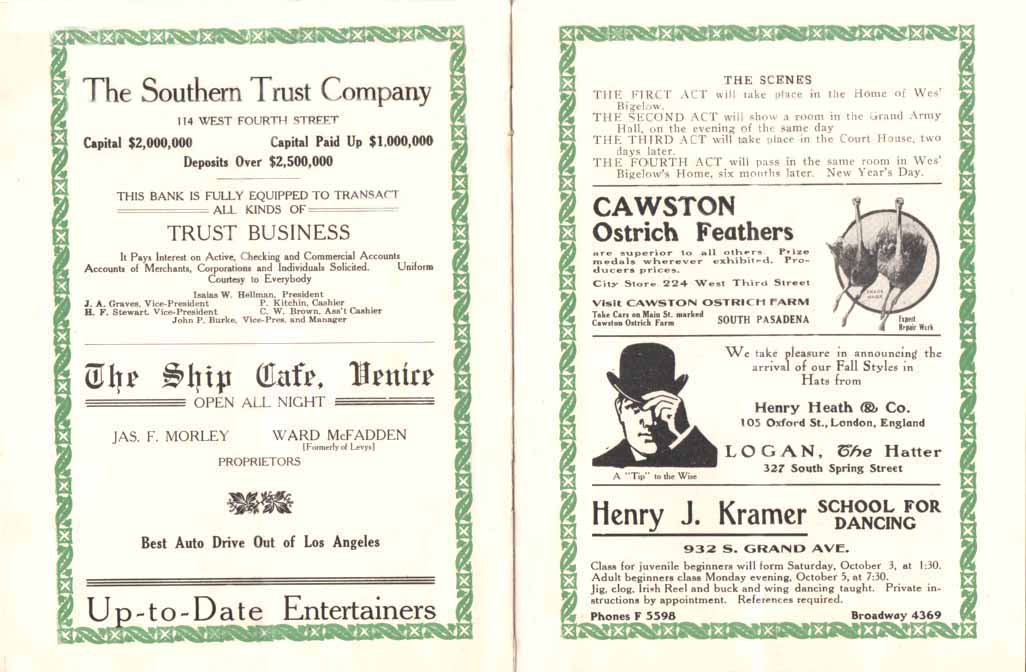
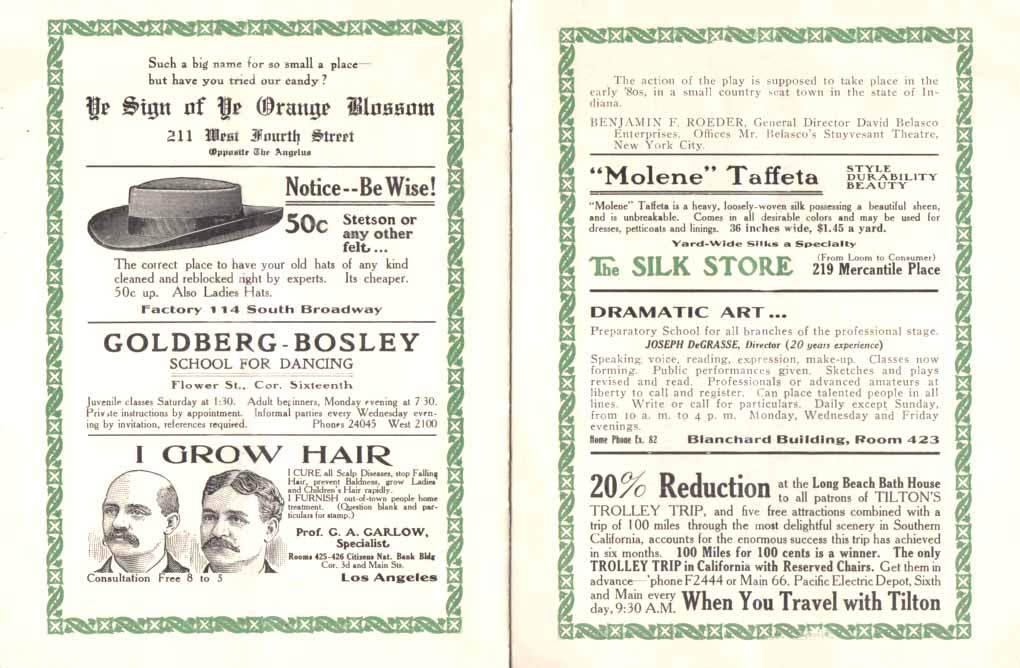

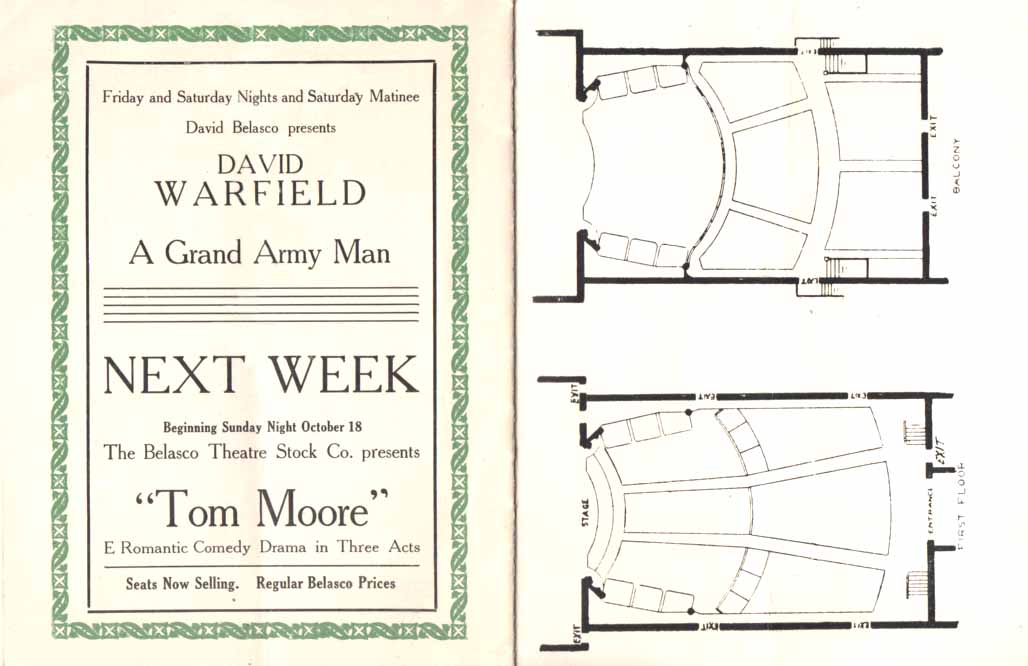
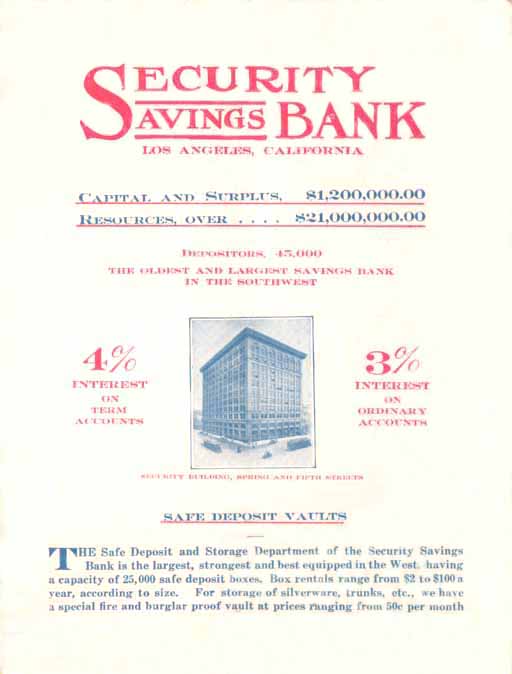
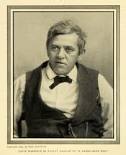 David Warfield as "Wes Bigelow"
David Warfield as "Wes Bigelow"
A Grand Army Man
by David Belasco, Pauline Phelps and Marion Short
In which Mr. Warfield appears as Wes Bigelow.
It is a play of immense dramatic power, and its touches
of comedy are very delicate and beautiful.
New York critics give Mr. Warfield just as
unstilting praise in this play as in "The Music Master."
(from the 1900s George Kiernan brochure held in the University of Iowa library's "Traveling Culture" collection)
The Sunday Oregonian; Portland, October 27, 1907
To Belasco again fell the laurels.
In the new play for David Warfield entitled. "A Grand Army Man," Mr. Belasco has scored a triumph which in
the simplicity of its grandeur, or rather in the grandeur of its simplicity would be difficult to equal let alone to surpass.
There were few who after seeing Mr. Warfield in "The Music Master" would have been willing to take on trust that
anything could ever prove the vehicle for this unique actor, but it is certain that after the triumph of Wednesday night
in Mr. Belasco's new theater, the Stuyvesant, Warfield will be able to make converts of the most devoted adherent
to "The Music Master."
It is the first time in many years that Mr. Warfield dropped his dialect, as before his appearance as Herr von Barwig,
his "Simon Levi" in "The Auctioneer" also called for the foreign accent. In presenting the greatest play with which Belasco
has ever been identified, David Warfield has certainly done the finest acting in his career and remembering the tremendous
hold he had upon audiences for several years, playing night after night the same thing, the seeming extravagance of this
statement may carry a degree of significance beyond mere words.
It is always the human touch that carries, and "A Grand Army Man" has this in every line. Warfield is cast as Wesley Bigelow,
an Indiana stage driver, with a plot so simple that there is hardly anything to tell; but he nevertheless succeeded in drawing tears
from every man and woman in the house and in holding them in a firm grip from the rise of the curtain to the fall.
This does not mean that there is no laughter, because. Indeed, throughout there is a shifting from sunshine to shadow as there is in life.
'The story of "A Grand Army Man" deals with parental devotion in a simple little Indiana household. Bigelow, a Grand Army veteran,
has adopted the son of a dead comrade, and, assisted by his housekeeper, he is trying to bring him up. The greatest danger that surrounds
the young boy is that of being spoiled through kindness. The boy is entrusted with Grand Army funds, given him to deposit in the bank.
He is overtaken by the sharper, who succeeds in persuading him to speculate with the money, which will make it possible for him to marry
Hallie, daughter of Judge Andrews.
The attitude of Wes Bigelow toward his adopted child is one which, in real seriousness, must be seen to be appreciated, and has every element
of life throughout. How the plot works out is mere detail, but it is due almost every member of the cast to say that it is extraordinarily good, and
something is also due Pauline Phelps and Marlon Short for collaboration with Mr. Belasco.
The cast is as follows:
Wes Bigelow ..... David Warfield
Judge Andrews ..... Howard Hall
Captain Bestor .....Reuben Fax
Jim Bishop .....George Woodward
Cory Kilbert ..... James Lackaye
Let' Pettingill .....Stephen Maley
Comrade Potter .....Tony Bevan
Comrade Tucker .....Thomas Gilbert
Comrade Tate .....William Boat
Robert .....William Elliott
Los Angeles Herald, Volume 36, Number 17, 18 October 1908 — Observations By A First Nighter
With the Mason, Grand and People's theaters dark, the current week offers a somewhat restricted, choice to Los Angeles theatergoers.
At the Belasco David Warfleld will continue In "The Music Master" until Friday, when "A Grand Army Man" will be presented for the remainder
of the engagement. This play will show Mr. Warfleld In an American character, ln "The Auctioneer" he portrayed a Jew; In "The Music Master"
a German. In "A Grand Army Man" he will be Wes Blgelow. Much interest naturally attends the debut of Miss Florence Stone as a stock star
at the Burbank. Miss Stone will return to the local stage tills afternoon as the winsome heroine of Charles Major's romantic comedy drama,
"Dorothy Vernon of Haddon Hall.' Though she never has acted ln the play here. Miss Stone has played it in Minneapolis, where, by the way,
Byron Beasley, who will appear with her this week, portrayed the leading masculine character. At the Auditorium Lewis S. Stone and his company
will present "Leah Kle&chna," the McClellan play which Mrs. Fiske used several seasons ago in the east and in which she was seen here at the old
Hazard's pavilion. Lean Kleschna" will provide Miss Florence Oakley with an excellent opportunity for emotional work. • Her many admirers in
Los Angeles expect big things from her in this role, which ls the most important she has yet assumed here.' The Orpheum offers new vaudeville acts
this week with Jesse Lasky's "planophiends" at their head. Fred Hallen and Moilie Fuller are featured at the Los Angeles, where they will present a
new sketch. "Election Bets." Mile. Aimee will continue her Salome dance at the Unique for another week and the stock company will present
"Finnegan's Alley." At Fischer's "Smith's Troubles" will have an airing. The Empire offers its customary vaudeville bill.
"A Grand Army Man" which Mr. Warfleld will reveal to a Los Angeles audience at the Belasco theater Friday night, was first presented at the
Stuyvesant theater, New York city, October 16, 1907, Just one year and one week before Its forthcoming opening here. The play was
enthusiastically praised ley the critics and continued at the Stuyvesant for several months, though it did not succeed in supplanting the popularity
of "The Music Master" which subsequently was revived, alternating in Mr. Warfleld's repertoire with the latter work. The play is in four acts.
The action takes place in a small Indiana. town about 1880. Wes Bigelow, post commander of the local G. A. R. and stage driver since the war,
has taken charge of the orphaned son of one of his old comrades, the husband of the woman he loved. In his great affection for the boy he
consistently spoils the lad, a fault shared by his housekeeper, Letitla. Letitla believes Robert to be the embodiment of all youthful virtues and to
possess unusual talents as an inventor. Robert is president of the local Sons of Veterans and the Idol of most of the members of the local post.
Now the post has just built a new hall, and after much effort, In which the Women's Relief corps lent assistance, has raised almost enough money
to pay for It. This sum, $1000.47, has been entrusted to Robert to deposit in the bank in the next town. Wes amends the minutes of the post meeting
to show that Robert carried the money on his bicycle, the first in the village.
Robert is discontented with his life. In the first place he la in love with Hallie Andrews, daughter of Judge Andrews, who has failed of reelection through
Wes Bigelow's efforts. Naturally Robert is not welcomed at the judge's home. Besides, he is envious of the other village boys who have gone away to
Indianapolis or Terre Haute and made some sort of success. Especially is he envious of Rogers Wellman, a lawyer and representing the district attorney
at the court, now in session. Wellman is also an approved suitor for Halite's hand. Wes' discovers the boy' discontent and Ingeniously learns of Halite's regard for him. He contrives to bring the young people together, and they settle matters for themselves. Robert discloses to Hallie that he has not deposited
the post money, but has invested it in a bucket shop with full assurance of making $5000 for himself. He has told Wes nothing about it.
But even while he is rejoicing in his approaching wealth he receives a letter announcing the loss of the money. The second act takes place at the new
G. A. R. hall on decoration night. The local post is jubilant over its freshly painted home, and visiting comrades are somewhat envious of it. Robert does
not take part in the festivities, too much worried over the loss of the I funds. Hallie devises a scheme to replace the money. She has in her father's keeping
some money left her by her mother, but in asking Judge Andrews for it she discloses Robert's guilt. The judge, already disliking the boy and hoping for revenge
on Wes, persuades the post treasurer. Let Pettlrigill, a drunkard, to press a charge against the boy. Let is suffering from a snub from Wes and readily agrees.
Robert is accused and makes a shamefaced denial. Then he is left alone with Wse'. In an agonizing scene the post commander brings a confession from the lad
and realizes that he has not been strict enough with him. He makes Robert take off his coat and takes a whip to thrash him. At the first blow, however, Wes realizes whose son he is striking, and he throws, away the lash,. takes the boy in his arms and forgives him.
Three days later Robert is brought before Judge Andrews for trial. Wes has succeeded in raising enough money to make restitution, but Let Pettlnglll is obdurate.
He insists on pressing the charge. Robert pleads guilty, and Wellman, representing the district attorney, begs for leniency for the boy. The judge sentences him to
one year in state's prison, and he is led away, Wes clinging to him until the door of the court room closes. Then the old man bursts Into invective against the Judge
and his "Justice" until quieted by his friends. The fourth act occurs six months later, on New Year's day. Wes and Letltia have been struggling to pay off the debt incurred by Wes's borrowings. Hallie comes to them to reiterate her love for Robert and her desire to help him when he is released. And when evening falls
Robert returns, pardoned, to begin life over again.
Billboard, Volume 20 - November 7, 1908 (pg. 21)
Los Angeles; Belasco (A.C. Jones, mgr.)
David Warfield in "The Music Master" and "A Grand Army Man" to SRO business.
(Actual program measures 5 1/4 "x 6 3/4")











 David Warfield as "Wes Bigelow"
David Warfield as "Wes Bigelow"